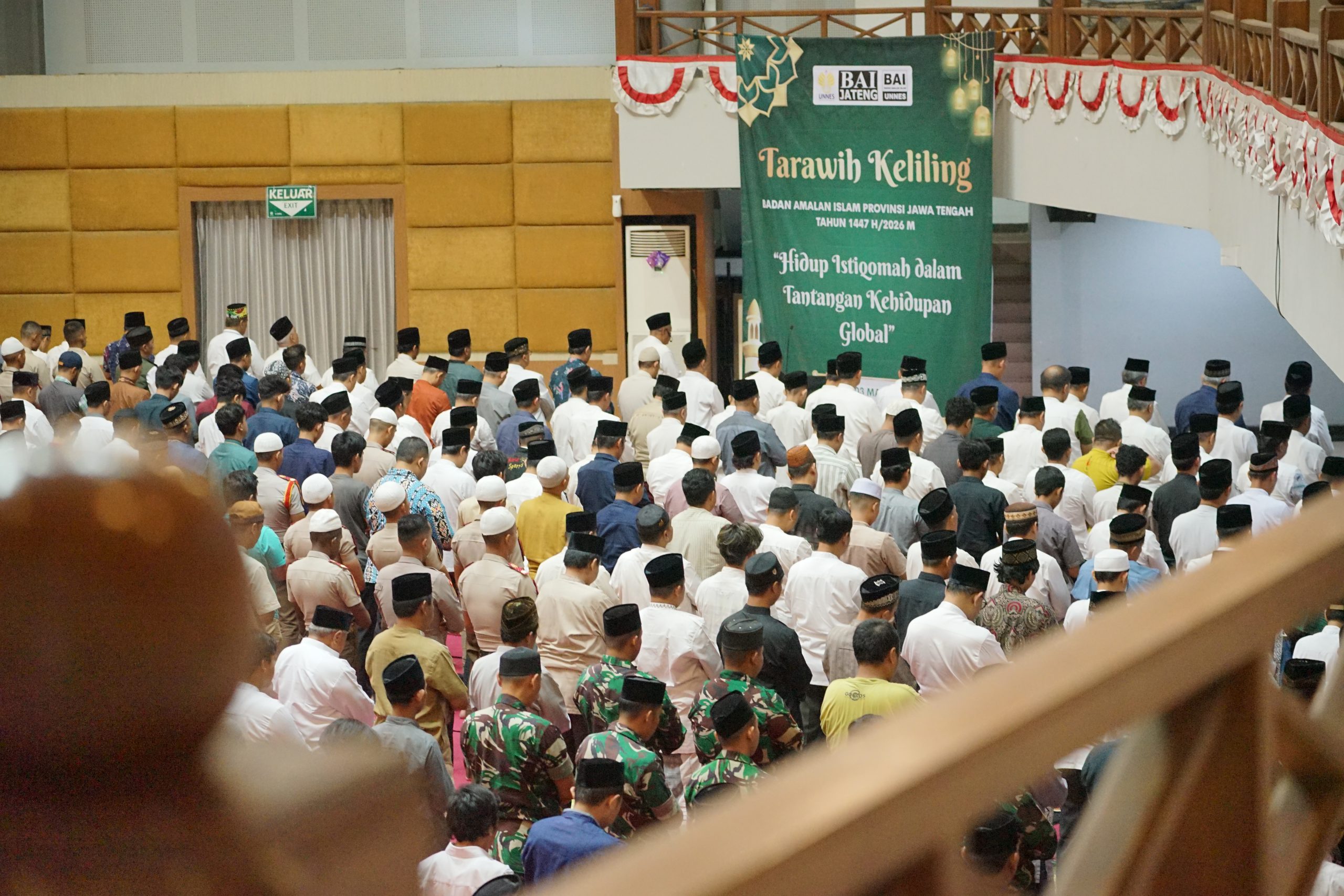Sejak 2008 lalu, Perguruan Tinggi Negeri di Indonesia diberi kesempatan untuk menjadi satuan kerja Badan Layanan Umum (BLU). Namun dalam perjalanannya, pengelolaan BLU pada PTN masih ditemui kekurangsesuaian apabila dibandingkan dengan aturan yang ada.
Disela-sela Forum Diskusi Penyusunan Peraturan Pengadaan Barang dan Jasa Bagi Satuan Kerja PTN BLU se-Indonesia yang diadakan UNNES di Hotel Grand Arkenso Simpanglima, Semarang, Senin (10/12) yang diikuti para wakil rektor dari 34 PTN BLU se-Indonesia, Wakil Rektor Bidang II, Dr S Martono menyampaikan, banyak ditemui pengelolaan keuangan BLU yang kurang optimal dalam implementasinya. Hal tersebut dibuktikan dengan adanya kekurangluwesan dalam melakukan pengelolaan keuangan, khususnya terkait dengan pengadaan barang dan jasa.
Diakui Wakil Rektor II, hal itu terjadi dikarenakan rata-rata perguruan tinggi masih mengikuti pola aturan pengelolaan secara umum. Padahal sebenarnya pola pengelolaan keuangan BLU merupakan model pengelolaan pegelolaan satuan kerja (Satket) yang relatif ideal.
Ia juga berpesan, pengelolaan keuangan BLU memberi kelonggaran dalam pengelolaan keuangan secara langsung atas pendapatan yang diperolehnya. Hal ini bisa dituangkan dalam Peraturan Rektor.
Selain itu, satker BLU diberi keleluasaan melakukan pengadaan di luar aturan umum. Kemudian juga dapat memanfaatkan dana idle untuk meningkatkan produktivitasnya.
Juga ditambahkan, dengan kata lain satker BLU merupakan satuan kerja yang diberi kewenangan mengelola langsung pendapatannya, namun bersifat nirlaba dan diharapkan meningkatkan produktivtas dan kinerja layanannya. Untuk itu, satker BLU merupakan salah satu alternatif model yang cukup ideal dalam pengelolaan pendidikan.
Terkait dengan pengadaan barang dan jasa, ia menjelaskan sebenarnya telah ditegaskan baik dalam PP No 74 Tahun 2012 tentang Perubahan atas PP No 23 Tahun 2005 tentang Pengelolaan Badan Layanan Umum dan pada Peraturan Presiden No 16 Tahun 2018, bahwa PTN BLU dapat mengatur sendiri pengadaan barang dan jasa.
“Maka dari itu perlu dimanfaatkan dengan baik peluang yang telah diberikan tersebut,” terangnya.
Meski demikian, karakteristik PTN yang berbeda-beda akan memberikan corak yang berbeda pula dalam mengatur aturan pengadaan. Misalnya saja PTN yang memiliki Fakultas Kedokteran tentu berbeda dengan kebutuhan yang ada di Fakultas Seni dan Budaya.
Kembali sitegaskan, Hasil diskusi inilah nanti akan ditindaklanjuti dengan memberikan rekomendasi kepada seluruh PTN BLU bagaimana langkah yang terbaik untuk pengadaan barang dan jasa.
Rektor UNNES Prof Fathur Rokhman Mhum saat membuka acara menjelaskan, kegiatan ini merupakan lanjutan pertemuan sebelumnya yang digelar di Bali, beberapa waktu lalu. Dia berharap agar diskusi yang diinisiasi oleh UNNES into dapat membantu setiap satuan kerja dalam menerapkan aturan tentang pengadan barang dan jasa di PTN BLU.



